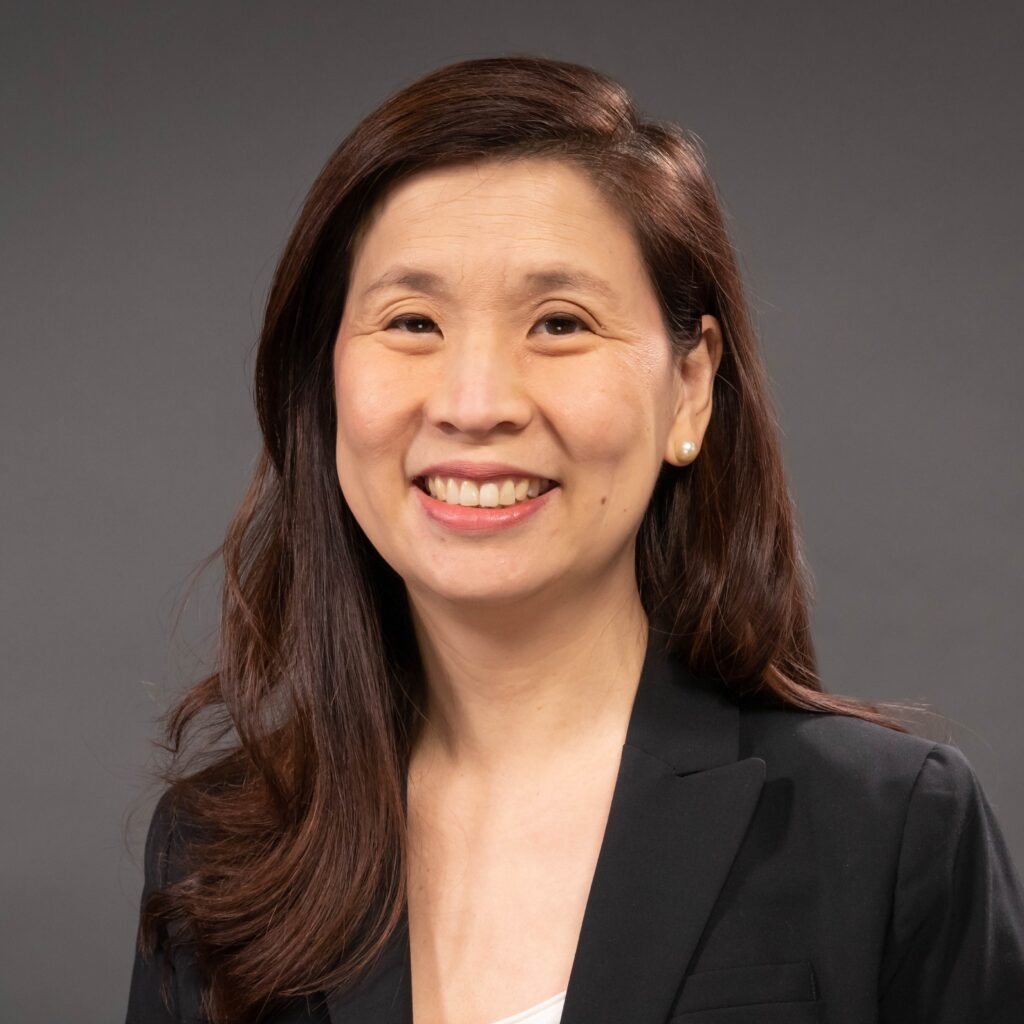
When we think of parental rights, we usually think of children and their mothers and fathers. And for good reason: parental rights refer to the fundamental, pre-political right of parents to direct the education, upbringing, and care of their children.
But parents don’t parent in a vacuum. Teachers, coaches, counselors, and others all play a critical role in a child’s development. And they have rights, too.
What rights do educators have?
Educators—from the math teacher to the soccer coach and everyone in between—have the right to freely partner with parents to encourage every child’s growth and learning.
Like the students they teach and lead, educators do not leave their constitutional freedoms at the schoolhouse door. The Constitution protects their right to participate in the public school system without violating their conscience and beliefs. That includes both the ability to speak freely and the right not to be compelled to speak.
Educators should never be forced into silence or compelled to speak as a condition of keeping their jobs. A teacher, for example, should never be punished for expressing concern over curriculum or a school policy that could harm a child’s education or well-being.
The school counselor who wouldn’t lie to parents
Consider the case of Kathy McCord. Kathy has served students and families in Indiana for nearly 40 years as both a teacher and a counselor, most recently at a public high school. At the beginning of the 2021-22 school year, Kathy and other high school counselors were required to attend a training about gender and sexuality. They were informed of a new school district policy that required employees to use a document called a “Gender Support Plan” to facilitate a student’s so-called “social transition”—when a school treats a student as the opposite sex.
Kathy and her colleagues were told they had to use different names and pronouns when indicated on a “Gender Support Plan.” And in some instances, they were instructed to use those names and pronouns without ever telling parents, at times even to hide name and pronoun changes from moms and dads.
Kathy strongly disagreed with the policy. She didn’t want to deceive parents. But when she raised concerns with supervisors, she was told to set her beliefs aside if she wanted to keep her job. When a journalist learned of the district’s new policy, he contacted Kathy to ask for an interview, seeking to confirm information that he had gathered from other sources.
Kathy answered the journalist’s questions honestly, confirming the facts that he had already gathered. But after the journalist’s article was published, Kathy was called into a series of meetings with school officials that eventually culminated in her firing. Alliance Defending Freedom has a filed a lawsuit against the school board to defend Kathy’s right to speak freely.
The teacher fired for questioning a book
While Kathy’s case is in the opening stages of litigation, other lawsuits have already proven successful. In the suburbs of Savannah, Georgia, Lindsey Barr has served in the local public school district for years. For a decade, she was a full-time teacher, receiving consistently excellent reviews. In 2022, she was hired as a substitute in the district, serving mainly at the elementary school where two of her children attended.
At the beginning of the school year, Lindsey learned about a book that would be read to every class at the school. The book contained illustrations of same-sex couples parenting and expecting children. Lindsey was concerned about the book; she’s a Christian, and the book’s depictions of sexuality conflict with her sincerely held religious beliefs.
Lindsey brought her concerns as both a teacher and a parent to the school principal, asking that her children be excused from the reading time. A day later, she was locked out of the district portal she used to accept substitute teaching assignments. And just days after that, she was informed that her ability to substitute had been terminated.
Lindsey should not have been fired for raising concerns about instructional materials. So ADF filed a lawsuit on her behalf. In April 2023, we secured a favorable settlement of the suit in which school officials agreed to reinstate Lindsey and pay $181,000 in damages and attorneys’ fees.
Educators are worth defending – and so are their rights
Educators like Lindsey and Kathy are just two of the brave women and men standing up to defend their right to live and speak the truth. From Oregon to Virginia, a diverse and growing group of teachers, coaches, counselors, administrators, and others are seeking to faithfully serve their schools and partner with parents without compromising their beliefs.
Educators are an essential part of our world, and they have a profound relationship with parent and child alike. Our laws must ensure that they and their students are free to speak, live, work, and learn in accordance with their faith and conscience.






